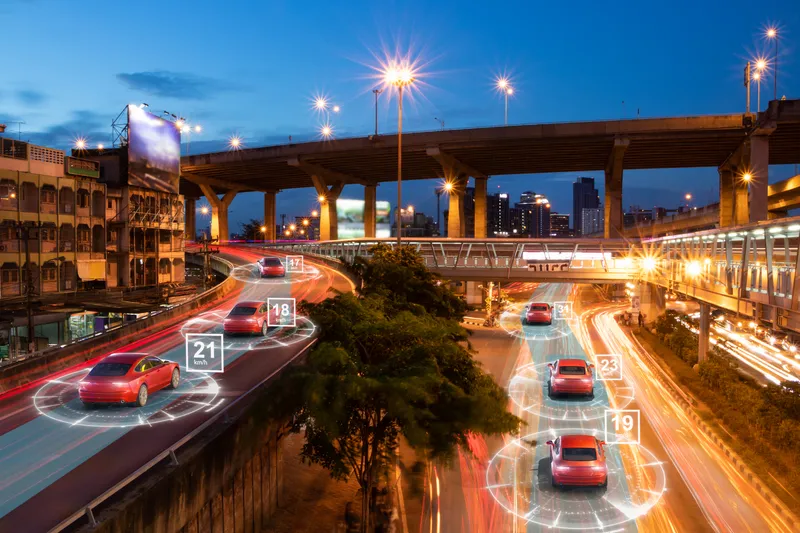
The Car 2 Car Communication Consortium (C2C-CC) says a European Commission (EC) proposal on ITS legislation will safeguard Europe's lead in cooperative ITS (C-ITS).
Richard Lax, executive expert EU affairs at Kapsch, sheds some light on the issue by telling ITS International that the amends to ITS Directive (2010/40/EU) seek to create a framework for ITS to work across European borders.
“This is mainly about like kind of establishing interoperability, backward compatibility, but also seeing with that ITS, wherever possible, is standardised and that the member states actually coordinate with each other,” he says.
C2C-CC emphasises that interoperability assures that C-ITS information exchanged can be understood, and is key to integrate different vehicle brands and road operators into a single communication environment facilitating road safety applications for the benefit of all road users.
Backward compatibility is expected to protect C-ITS from fragmentation and ensure that newer generations of C-ITS devices can still communicate with older ones and help assure road safety throughout the entire life cycle of the equipment used.
According to the consortium, C-ITS messages must be trustworthy at all times, no matter the vehicle brand, chipmaker, vehicle or chip generation, they need to be part of the same trust authentication system.
Lax reveals the proposals make a few changes from the old directive and that “it becomes a bit more explicit on things like security”.
“It allows the European Commission to basically mandate something like a security system for example or other use cases but basically, the specifications get strengthened,” he adds.
In the industry, the C2C-CC works with C-Roads to draft C-ITS specifications together.
“Car 2 Car and C-Roads have common specifications, and they could then be published there and be the reference,” he continues.
“This would also let you know that the application would work exactly the same way in every member state, which is really important because cars of course across borders, and if you've got a hazard warning in France, you want to be warned about the same thing in Germany.”
C2C-CC members include Honda, Volvo, Denso, Vaisala, VW, Renault and Hyundai, which research and develop C-ITS solutions.









